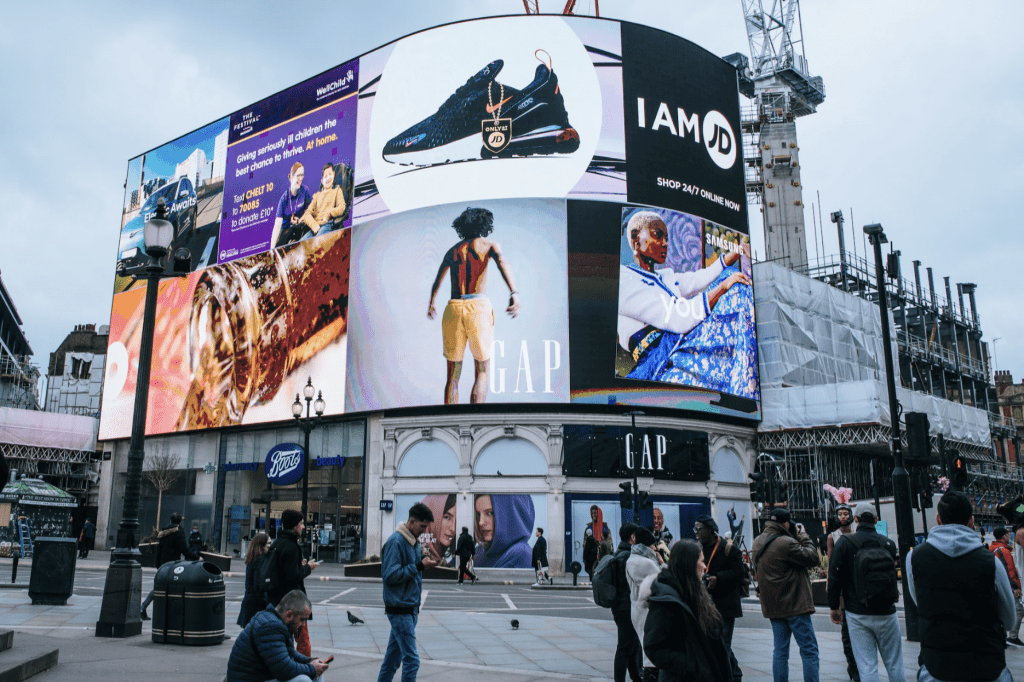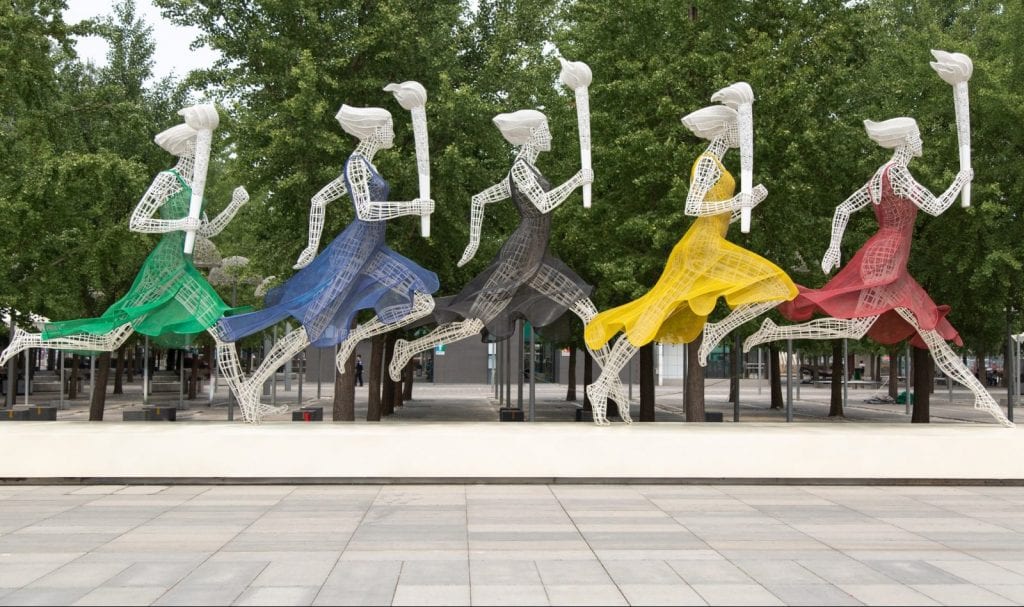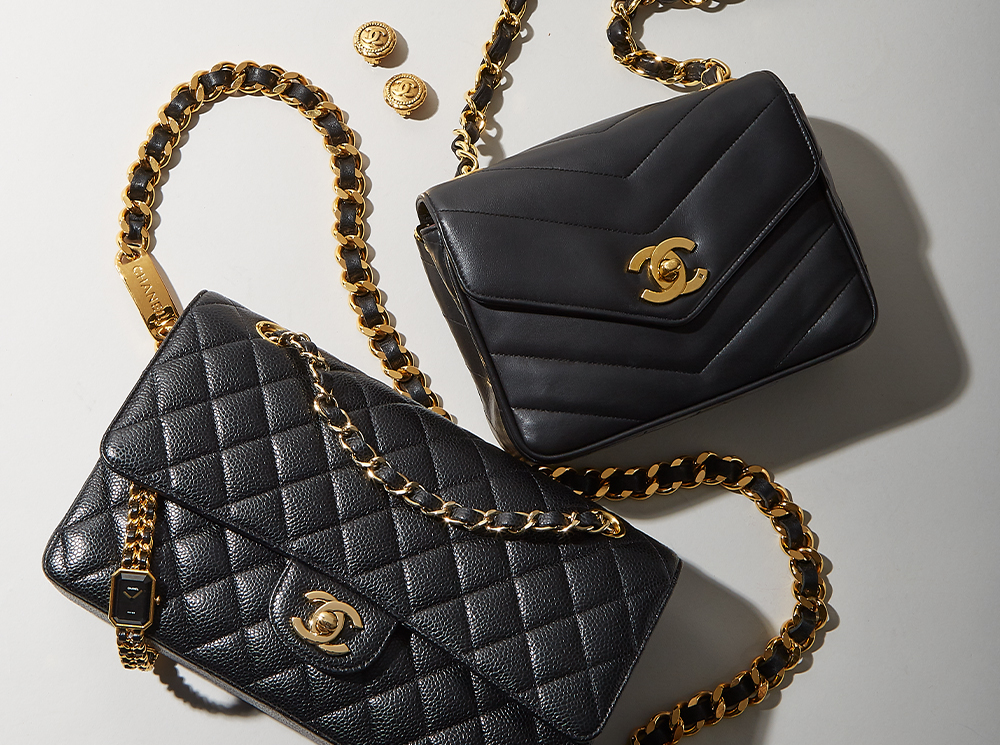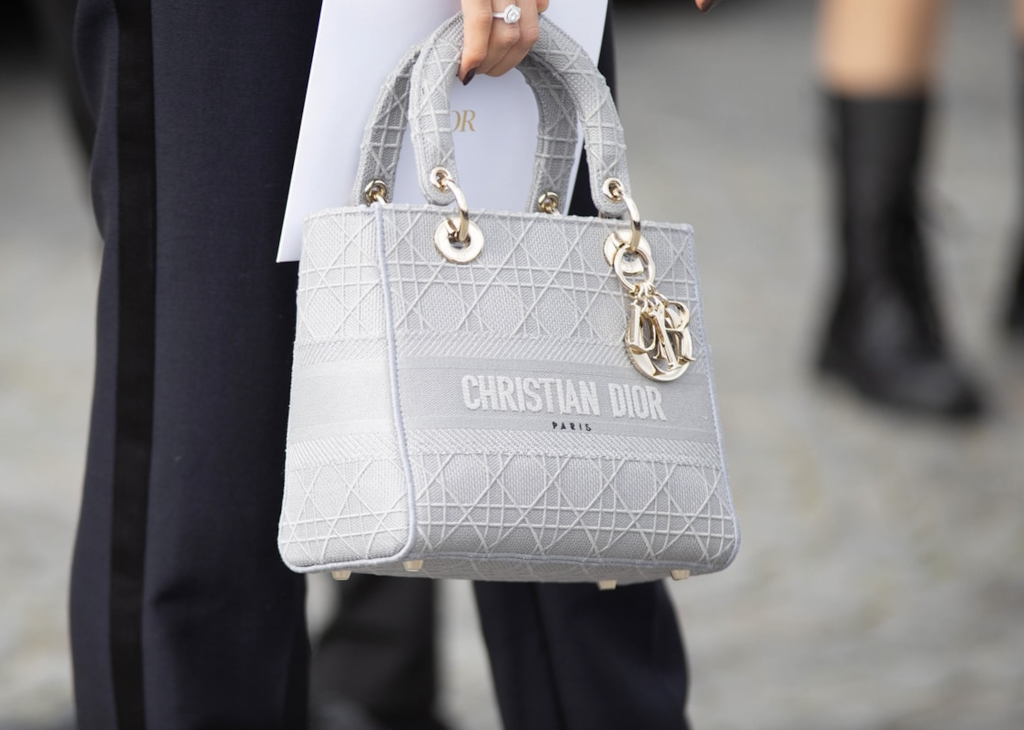The rate at which trademark dilution claims have been waged over the past decade is down, but the issue of “famous” trademarks being co-opted by others is, nonetheless, starting to come up in the context of artificial intelligence (“AI”). For instance, Getty Images lodged a copyright and trademark case against Stability AI in February, accusing the company behind generative AI platform, Stable Diffusion, of diluting its “famous and distinctive” trademarks by generating images that are “much lower quality” than its photos and that “at times range from the bizarre to the grotesque” and that reproduce Getty’s trademarks. In particular, Getty alleges that Stability AI’s “incorporation of Getty Images’ marks into low quality, unappealing, or offensive images dilutes those marks in violation of federal and state trademark laws.”
In light of the potential for brand-owners to respond to rising adoption of generative AI platforms by companies and consumers, alike, with trademark claims, including dilution causes of action, a look at the state of proving fame is worthwhile. One recently-settled case comes to mind: the Northern District of Georgia’s determination in Epic Tech, LLC v. SpinX Games Limited.
For some background: Epic Tech filed a federal trademark infringement, unfair competition, and trademark dilution lawsuit against SpinX Games in May 2022, alleging that since December 2020, SpinX has been infringing and diluting its federally-registered “CA$H BASH” trademark by using the same mark in connection with its own mobile social casino games. Epic Tech claims that it has used the “CA$H BASH” mark on gaming equipment – including electronic slot game machines, electronic bingo game machines, and electronic casino game machines – throughout the U.S. since 2012.
In furtherance of its attempt to establish that the CA$H BASH trademark is well-known enough to warrant a dilution claim, Epic Tech argued, among other things, that the mark is federally registered, it is “recognized by the patrons of locations where the video game is located,” and the game is “deployed in more than 150 locations throughout the U.S.” At the same time, in an apparent attempt to get ahead of pushback from the defendant and/or the court, Epic Tech asserted that its CA$H BASH mark “not need to be as famous as Hot Wheels, Visa, or Nike to be considered famous,” citing decisions from other district courts in which marks that are allegedly similar to its own have been deemed famous. Among them …
– Snowizard, Inc. v. Robinson: An E.D. La. judge held in 2011 that “SNOWIZARD,” which was registered in 1945, “has acquired a high degree of distinctiveness and secondary meaning and has become famous among distributors of snowball products, snowball vendors, and confectioners, who associate the mark with the high-quality products,” and thus, rose to the level of fame for dilution purposes.
– Coast Law Grp. v. Panagiotou: An S.D. Cal. judge decided in 2013 that the CLG trademark “has appeared on television newscasts, in popular national and local newspapers and magazines, and in a wide variety of alternative forms of media including, without limitation, web sites, blogs, and social networking platforms,” and thus, the plaintiff’s CLG mark “had become famous in California.”
– Van Praagh v. Gratton: An E.D.N.Y. judge stated in 2014 that “while using the JAMES VAN PRAAGH trademark, [the plaintiff] appeared on syndicated television shows; presented at large conferences and retreats; worked with people throughout the United States and internationally; authored books; maintained a website and online community; and offered seminars,” and developed “an enormous following and is one of the most recognized spiritual mediums in the world.’”
Not Famous Enough
SpinX sought to escape Epic Tech’s dilution claim (and its false association claim), and the court decided in its favor in a decision in April, with Judge Steve Jones partially granting SpinX’s motion to dismiss on the basis that Epic Tech failed to demonstrate that its “CA$H BASH” trademark is famous. Citing Dahon N. Am., Inc. v. Hon, in which the C.D. Cal. held that “trademark dilution claims are limited to ‘truly famous marks such as Budweiser beer, Camel cigarettes, and Barbie dolls,” Judge Jones determined that Epic Tech’s mark does not reach the requisite level of fame for a dilution claim.
Addressing Epic Tech’s arguments about how marks “not need to be as famous as Hot Wheels, Visa, or Nike to be considered famous,” Judge Jones stated that the cases cited by Epic Tech (including Snowizard, Inc. v. Robinson, Coast Law Grp. v. Panagiotou, etc.) show that marks that are not as famous as the likes of Nike and Barbie “may still be subject to a trademark dilution suit.” However, the problem, according to the court, is that Epic Tech “has not shown that its mark is as famous as the marks cited in [those] cases.” In particular, Epic Tech’s complaint “lacks any allegations regarding [its] advertising and marketing, whether … its mark has been widely recognized outside of their niche market … or [whether] the mark has been registered long enough to gain secondary meaning.”
The court backed up its finding further by pointing to a decision from the U.S. Court of Appeals for the Federal Circuit, which determined in 2012 (in Coach Servs., Inc. v. Triumph Learning LLC) that handbag-maker Coach’s “Coach” mark was not famous. “Even though Coach produced evidence that it began using the mark as early as 1961, there were 400 Coach retail stores throughout the U.S. the handbags were sold through 1,000 third-party retailers, the company spent between $30 and $60 million per year in advertising the mark, and it had annual sales of $3.5 billion.”
As distinct from that case, Epic Tech’s “CA$H BASH” trademark “has only existed for a decade, and the mark is only displayed in 150 locations throughout the U.S.,” and Epic Tech makes “no allegations about [its] advertisement of the mark nor its gross sales from the CA$H BASH games.” As such, the stated that “if the Coach mark is not famous, neither is the CA$H BASH mark.”
Niche Fame
What is going on here, the court stated, is that the “fame” of the CA$H BASH mark – specifically, Epic Tech’s claims of “mere ‘good will and name-recognition’ within a particular subdivision or a niche market of the public” – is “more akin to ‘niche fame.’” At best, Judge Jones held that Epic Tech’s allegations show that the CA$H BASH mark is “famous in the niche market of physical gambling locations, [but] no inference can be deduced from [its] factual allegations that its mark is famous to the general public or well-known outside its niche market.” But the court held that Epic Tech’s allegations of fame with regard to the CA$H BASH mark “do not arise to [the] requisite magnitude of famousness.”
The court dismissed Epic Tech’s dilution claim and granted it the opportunity to amend its complaint to allege that the CA$H BASH mark is famous, but the parties ultimately settled the case last month.
The case is Epic Tech, LLC v. SpinX Games Limited, 1:22-cv-02043 (N.D. Ga.)











